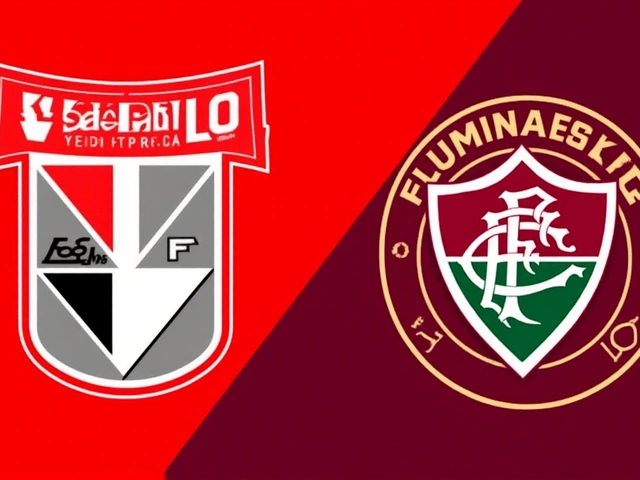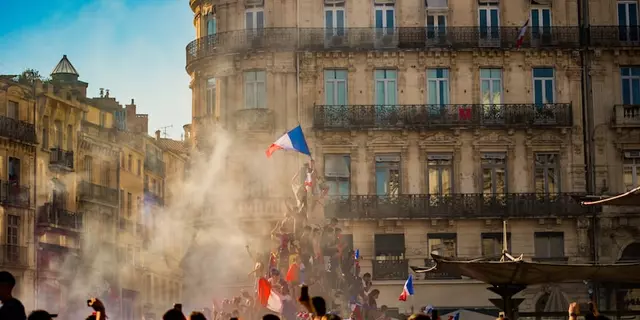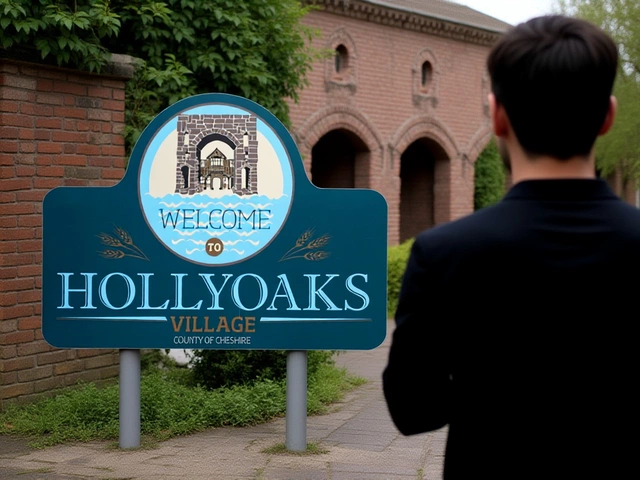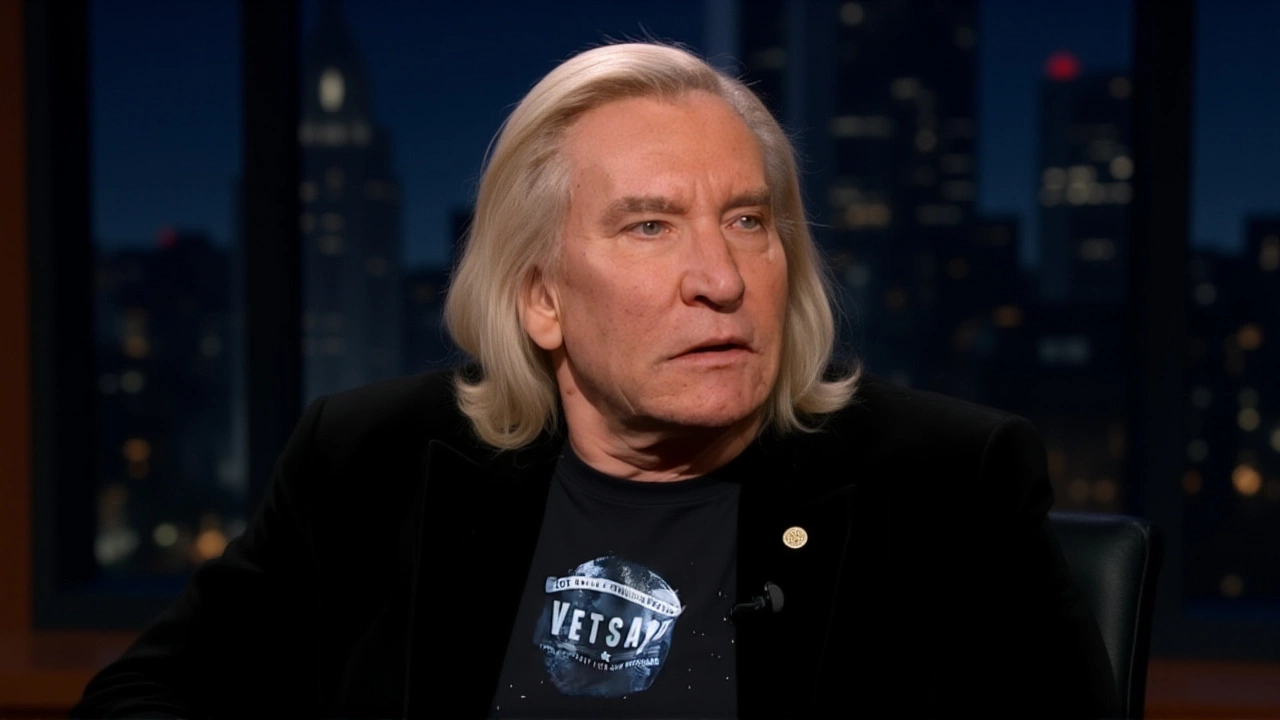
When Joe Walsh took the stage at VetsAid 2025Wichita, Kansas on November 16, he didn’t play ‘Hotel California’—not because he was tired of it, but because he was playing something quieter, something deeper: Jimmy Webb’s ‘Wichita Lineman,’ with Webb himself on piano. The moment wasn’t just a performance. It was a meditation. And it told you everything you need to know about the man behind the guitar solos.
He Doesn’t Regret the Songs. He Regrets the Silence.
For nearly 50 years, Joe Walsh has been one of rock’s most indispensable voices—first with the Eagles, then as a solo force, and now as a mentor to a new generation. Yet, despite the endless streams of nostalgia that flood his concerts, no credible source has ever recorded him saying he wishes he could skip a single song. Not ‘Rocky Mountain Way.’ Not ‘Life’s Been Good.’ Not even ‘Hotel California,’ the solo that still sends chills down spines decades later. Instead, his regrets are human. Messy. Quiet. In 2020, after years of sobriety, Walsh visited John Entwistle, the late bassist of The Who, in his dressing room. What he saw broke him. Entwistle, once a towering figure of precision and wit, was struggling to hear, to make sense. ‘I didn’t know if he was just too drunk, or whatever,’ Walsh told Far Out Magazine. That moment—watching a brother in rock crumble under the weight of habits he himself had escaped—became his biggest regret. Not the songs he played. The ones he didn’t help someone else play.The Quiet Power of Sobriety
Walsh has been sober since the late 1990s—nearly 30 years now. He didn’t just quit drinking. He had to relearn everything. ‘You have to learn how to do everything all over again,’ he told Interview magazine in 2012, when he’d already been clean for 18 years. ‘I didn’t know how to write music… or live rock ‘n’ roll… sober.’ That’s the real revolution. He didn’t just stop using. He rebuilt his art from the ground up. And he did it without losing his edge. His playing didn’t get softer. It got sharper. More intentional. That’s why, at 76, he still commands stages—not as a relic, but as a force. He prefers clubs over stadiums. ‘Everybody has a good seat,’ he says. ‘It also sounds better.’ His performance at VetsAid 2025 wasn’t a nostalgia trip. It was a statement. Surrounded by legends like Vince Gill, Susan Tedeschi, and Derek Trucks—and even his godson, ‘Roy Orbison the third’—Walsh chose a song about loneliness, about longing, about a man calling out into the wind. It was perfect. Because that’s what sobriety does. It strips away the noise… and leaves you with the truth.What He Did Regret
Walsh has been open about his past. He left his first wife for another woman while their children were young. He called it ‘sorrow, the quiet acknowledgment of a man who finally saw the damage behind the noise.’ That’s the regret that haunts him—not the music, but the people he hurt along the way. He’s also spoken about the tension within the Eagles. ‘I wasn’t the main songwriter,’ he once said. ‘But my influence on their sound was undeniable.’ Creative clashes over credits and control were real. Yet, he never blamed the songs. He blamed the ego. And he chose to move on.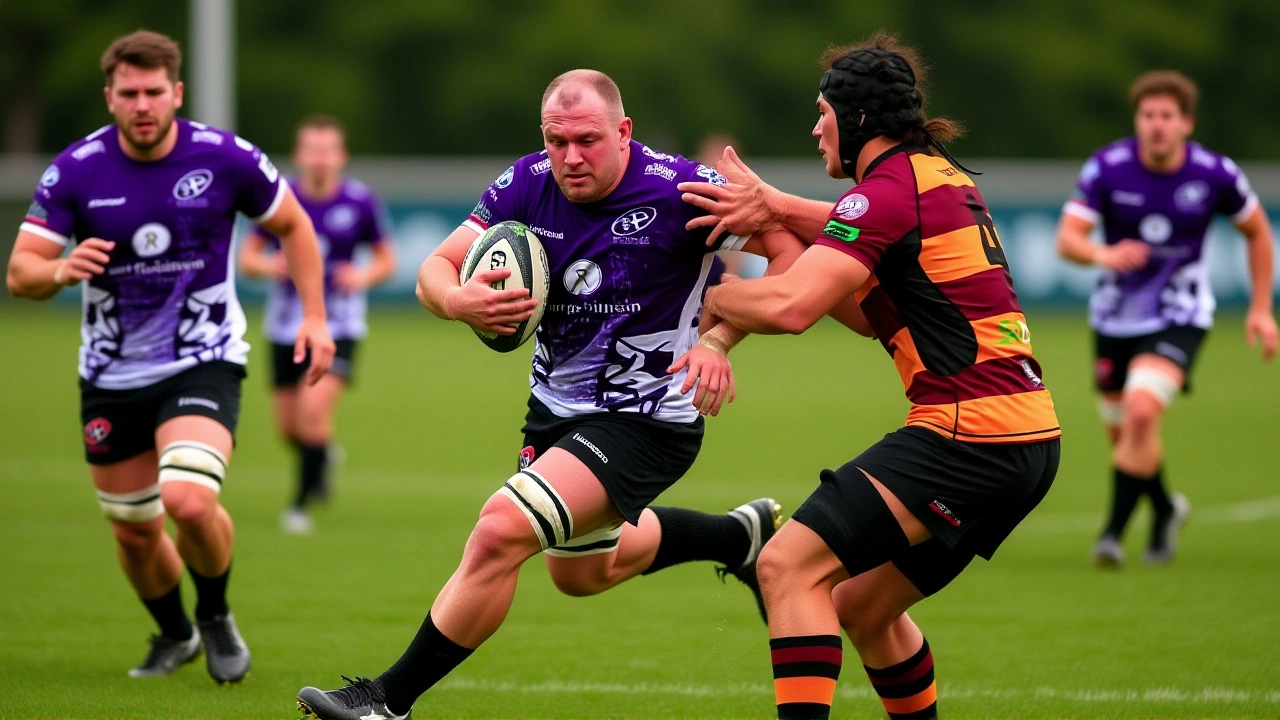
Why This Matters
In an era where artists are pressured to ‘reinvent’ themselves or ‘revisit’ their biggest hits for cash, Walsh’s stance is radical. He doesn’t hate ‘Hotel California.’ He respects it. He plays it when it serves the moment. But he refuses to be trapped by it. His legacy isn’t in the setlists—it’s in the honesty. He’s proof that you can survive fame, addiction, and heartbreak… and still make music that matters.What’s Next?
Walsh is still touring. Still mentoring. Still choosing smaller rooms and deeper connections. He recently served as a Mega Mentor on The Voice Season 28, sharing hard-won wisdom with rising artists like Sammy Hagar. There’s no retirement plan in sight. Just more shows, more stories, more silence between the notes.Frequently Asked Questions
Does Joe Walsh ever refuse to play 'Hotel California'?
No, there’s no verified record of Joe Walsh refusing to play 'Hotel California.' He doesn’t express resentment toward the song. In fact, he’s acknowledged its cultural weight and occasionally plays it when appropriate. His focus has always been on authenticity over obligation—playing what the moment demands, not what the crowd expects.
What was Joe Walsh’s biggest personal regret?
His biggest regret, as he shared in 2020, was not being able to connect with John Entwistle after achieving sobriety. He watched his friend struggle with addiction and felt powerless to help. He didn’t blame Entwistle—he blamed himself for not showing up more, for letting distance grow between them after years of shared chaos.
How long has Joe Walsh been sober?
Joe Walsh has been sober since the late 1990s, making it nearly 30 years as of 2025. He first publicly confirmed 18 years of sobriety in 2012, and since then, he’s spoken openly about rebuilding his life, his music, and his relationships without substances.
Why did Joe Walsh prefer playing small venues?
Walsh says small venues offer better sound and deeper connection. In stadiums, he felt like a distant figure. In clubs, he could see people’s faces, hear their reactions, feel the room breathe. He calls it ‘higher quality interaction’—a return to the intimacy that made him fall in love with music in the first place.
Did Joe Walsh have conflicts with the Eagles?
Yes. Though he wasn’t the primary songwriter, his guitar work and songwriting contributions were foundational. Tensions arose over creative control, credit disputes, and the band’s commercial direction. He’s described those years as ‘a balancing act between art and ego,’ but never blamed the music itself.
What did Joe Walsh mean when he said, 'Don’t get too famous'?
Walsh warned against chasing fame for its own sake. He believes true longevity comes from being known by more than one generation—not from headlines or viral moments. He’s lived that philosophy: respected, not sensationalized. His music endures because it’s honest, not because he chased the spotlight.
